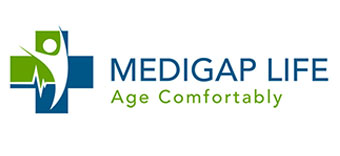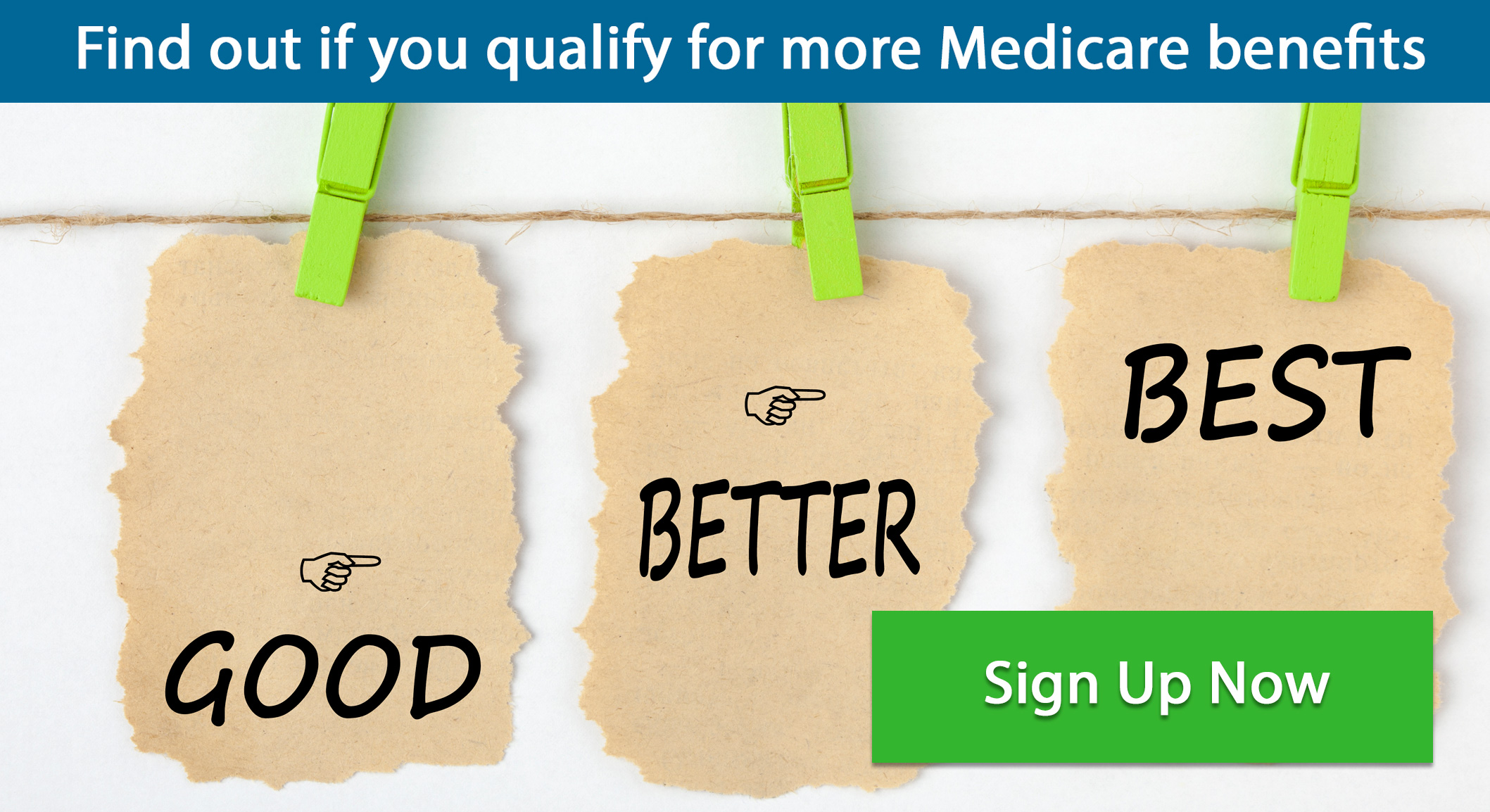If you’re among the 7.5 million people in the Qualified Medicare Beneficiary (QMB) Program, Medicare providers aren’t allowed to bill you for services and items Medicare covers, including deductibles, coinsurance, and copayments. If a provider asks you to pay, that’s against the law.
People with Medicare who are in the QMB program are also enrolled in Medicaid and get help with their Medicare premiums and cost-sharing. In 2017, 7.7 million people (more than one out of eight people with Medicare) were in the QMB program.
If you get a bill for these charges:
- Tell your provider or the debt collector that you’re in the QMB Program and can’t be charged for Medicare deductibles, coinsurance, and copayments. If you’ve already made payments on a bill for services and items Medicare covers, you have the right to a refund.Note: To make sure your provider knows you’re in the QMB Program, show both your Medicare and Medicaid or QMB card each time you get care. You can also give your provider a copy of your Medicare Summary Notice (MSN). Your MSN will show you’re in the QMB Program and shouldn’t be billed. Log in to your MyMedicare.gov account at any time to view your MSN or sign up to get your MSNs electronically.
- If your provider won’t stop billing you, call us at 1-800-MEDICARE (1-800-633-4227). TTY users can call 1-877-486-2048. We can confirm that you’re in the QMB Program. We can also ask your provider to stop billing you, and refund any payments you’ve already made.
- If you have a problem with a debt collector, you can send a complaint to the Consumer Financial Protection Bureau (CFPB) online or call the CFPB toll-free at (855) 411-2372. TTY users can call (855) 729-2372. CFPB will forward your complaint to the debt collection company and work to get you a response from them.
Find out about your rights when responding to a debt collector or learn how to dispute an error on your credit report.




